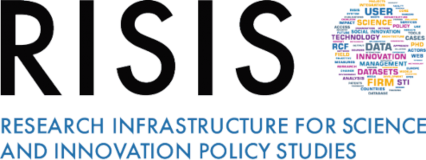The European Research Infrastructure for Science, technology and Innovation policy Studies (RISIS) aims at building a data and services infrastructure supporting the development of a new generation of analyses and indicators.
To develop a deeper understanding of knowledge dynamics and policy relevant evidence, the project goes beyond established quantitative indicators, developing positioning indicators, which take into account critical features of knowledge dynamics i.e. the importance of asymmetries in producers, in places and in themes.
RISIS2 datasets are built keeping information on these three dimensions.
To exploit them, new services dealing with actor identification, geographical information and thematic foci are developed, as well as semantic analytical capabilities.
This project builds on RISIS1 (2014-18), which has demonstrated the relevance of such an approach and opened access to a first set of databases and services.
This infrastructure is freely accessible to European researchers, once they have registered and signed the charter of good practice (accreditation process). In some instances, researchers will be asked to prepare themselves by following training courses that will introduce them to datasets and methodological aspects (see training). In most cases researchers will have to present a project that will be reviewed both by the relevant dataset producers and by the RISIS project review board (selection process).
Cost for travel and on site stay (when needed) will be covered by the RISIS project.
The Consortium that develops the project is made of 18 members, 8 universities and 10 research institutes from 11 European countries (plus ISRAEL) (see people).
For the development and timing of the project, see project description.




